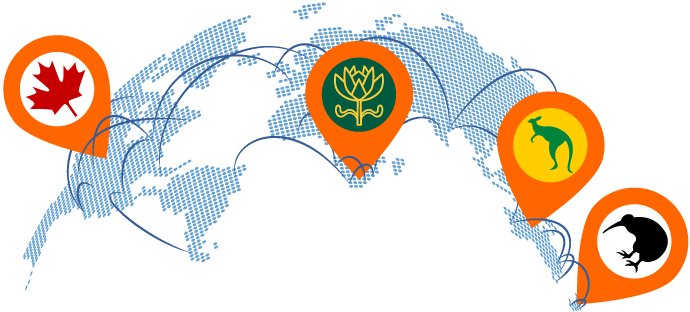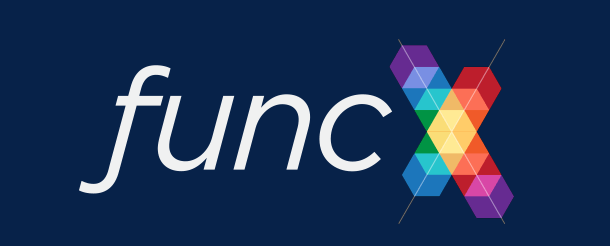A Decade of Research Data Management Innovation Enables Scientific Breakthroughs
In 2020 Globus celebrated its ten year anniversary. Initially launched as a service to connect researchers and make large-scale data transfer accessible to any researcher with an internet connection and a laptop, it has grown to become an essential service to over 160,000 researchers around the world.
Users in 80 countries have moved over one exabyte of data and 100 billion files, and the service has evolved into a platform that enables universities, national laboratories, government facilities, and commercial organizations to securely manage data throughout the research lifecycle.
Globus has been instrumental in enabling many scientific breakthroughs that have literally changed the world.

Continuing Arecibo's Legacy

Globus Enables National Cyberinfrastructures
Mundane research data management tasks should be fully automated and essentially “invisible” to researchers, allowing them to focus on the core mission of scientific research. To this end, several countries have set up national cyberinfrastructures that democratize access to advanced data management capabilities for researchers at diverse instiutions and facilities.

